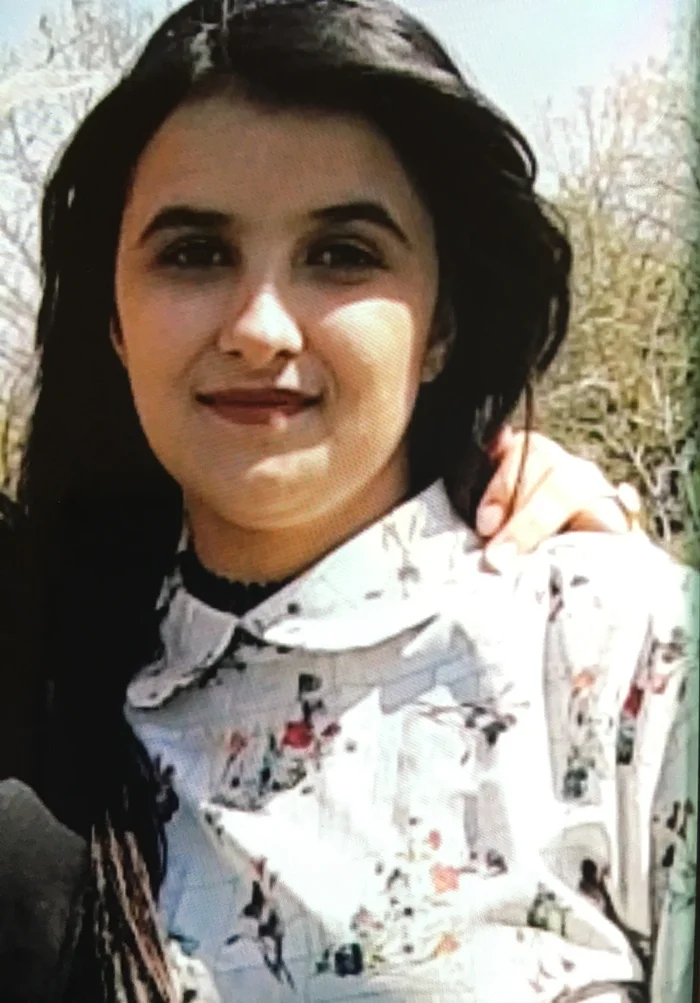One Canadian’s learning about the bombing of Kurds in Iraqi Kurdistan.
Family of Himdad Darwesh visiting their son’s grave on one year anniversary of his death.
Written by Chuck Wright, a member of CPT living in Winnipeg, Canada.
“They want us to disappear,” lamented our Kurdish friend and translator after leaving the village of Barmiza no more than 10 km from Turkey’s border in Iraqi Kurdistan We had just visited a family on the one-year anniversary of the death of Himdad Darwesh, who was killed by Turkish bombing while driving to work in a neighbouring village. Himdad, 20 years of age, left behind his wife and infant son.
Based on a single casualty, you might think our translator’s comment is exaggerated; however, Christian Peacemaker Teams has been documenting Turkey’s bombing of villagers in Iraqi Kurdistan border regions for the past 12 years. As a Canadian member of this organization, I had come to learn and bear witness to the struggles of our Kurdish partners here.
The story from Barmiza was only one of several I heard within the first handful of days we spent visiting communities in the Kurdish homeland of the Zagros mountains. Their resistance and the protection found in these mountains is what has historically enabled the Kurdish people, numbering over 40 million globally, to exist as a distinct ethnic group in the face of encroaching empires. While there, I was moved by the many devastating stories of Kurdish villagers killed by the Turkish military in the name of “fighting terrorism,” specifically the Kurdistan Workers’ Party (PKK) – an armed, political revolutionary organization - who continue to find refuge in these mountains along the Iraq-Turkey border.
The all-too-common occurrence of killing civilians, has led many of our partners here to conclude that Turkey is targeting Kurdish people and autonomy in and outside its borders. Based on several accounts of civilian deaths, Human Rights Watch has expressed concern that Turkey’s attacks seem to have no legitimate military targets in some of these areas.
Dunya Rasheed of Halania village, for example, was only 19 years-old when the Turkish military fired a mortar shell and killed her while she was gathering kinger (a type of artichoke) seeds with other women and children. Her brother, Saman, was hit by shrapnel in the back of his head from the explosion and still experiences dizziness as a result. During our conversation, their father exclaimed, “there is no PKK here!”
Dunya Rasheed killed by Turkish rocket.
Many villages along the border have been displaced by Turkish bombing. Barmiza, for example, has become a sort of “camp” for Kurdish refugees in their own homeland. Aside from the paved road, community members cannot venture far from the village for fear of being hit by artillery. The night before, the Darwesh family reported the sound of artillery bombing – a common experience for them. With limited access to land, Turkey’s bombing has destroyed the local economy of farming and animal-raising.
On Nov. 5, 2007, US, Turkey and Iraq ratified a Trilateral Military Commission agreement to share military intelligence to help Turkey locate and fly over Iraqi airspace to attack PKK. More recently, Turkey has entered agreements with these States “to clear PKK from our borders,” in the words of Foreign Minister Mevlüt Çavuşoğlu, which has involved reported ground incursions into Iraqi Kurdistan.
We heard from one partner that Turkey’s army is present in nearly 20% of Iraqi Kurdistan, and building bases as far as 30 km across into Iraq’s border. In Barmiza, we were able to identify 13 Turkish military encampments; Turkish soldiers had recently wandered into the village with complete impunity.
“Iraq, Iran, and Turkey plan to destroy Kurdistan,” baldly stated Dunya’s father. “Before there was Saddam, now there is Turkey.”
Indeed, these bombings are only a part of the larger picture of Kurdish persecution from all corners of their homeland – in Iraq, Syria, Iran, and Turkey. Saddam Hussein’s notorious Anfal campaign (1986-89), for example, led to the extermination of 182, 000 Kurds, and the destruction of 5000 villages in his genocidal campaign against the Kurds. However, the largest number of Kurds live within the borders of Turkey, which banned Kurdish cultural expression throughout the 1980s, has militarily sought to suppress Kurdish struggles for self-determination, and have been in a protracted war with the PKK for the past 30 years.
Despite this, Kurdish presence and desire for self-determination remain as demonstrated by the overwhelming vote in support of independence from Iraq in the September 2017 referendum. Dunya’s father explained, “We just want our lives. We want our land. We want our homes.”
“We are witness too…as Kurds,” he concluded. Through the work of CPT, it is my hope that I can continue lifting up the voices of these witnesses to put an end to Turkey’s bombing of Kurdish villages and support their fundamental rights to security and self-determination in their homeland. As Canadians, we should be concerned for the fundamental rights of this nation and the war crimes of a fellow NATO member, Turkey.

